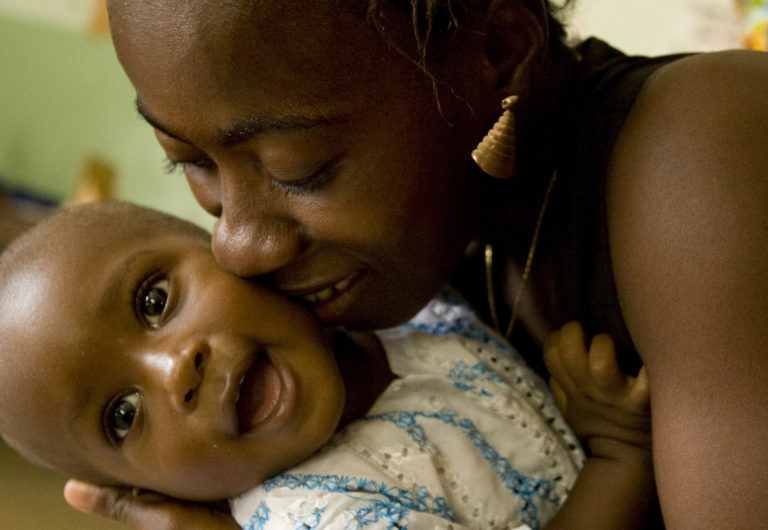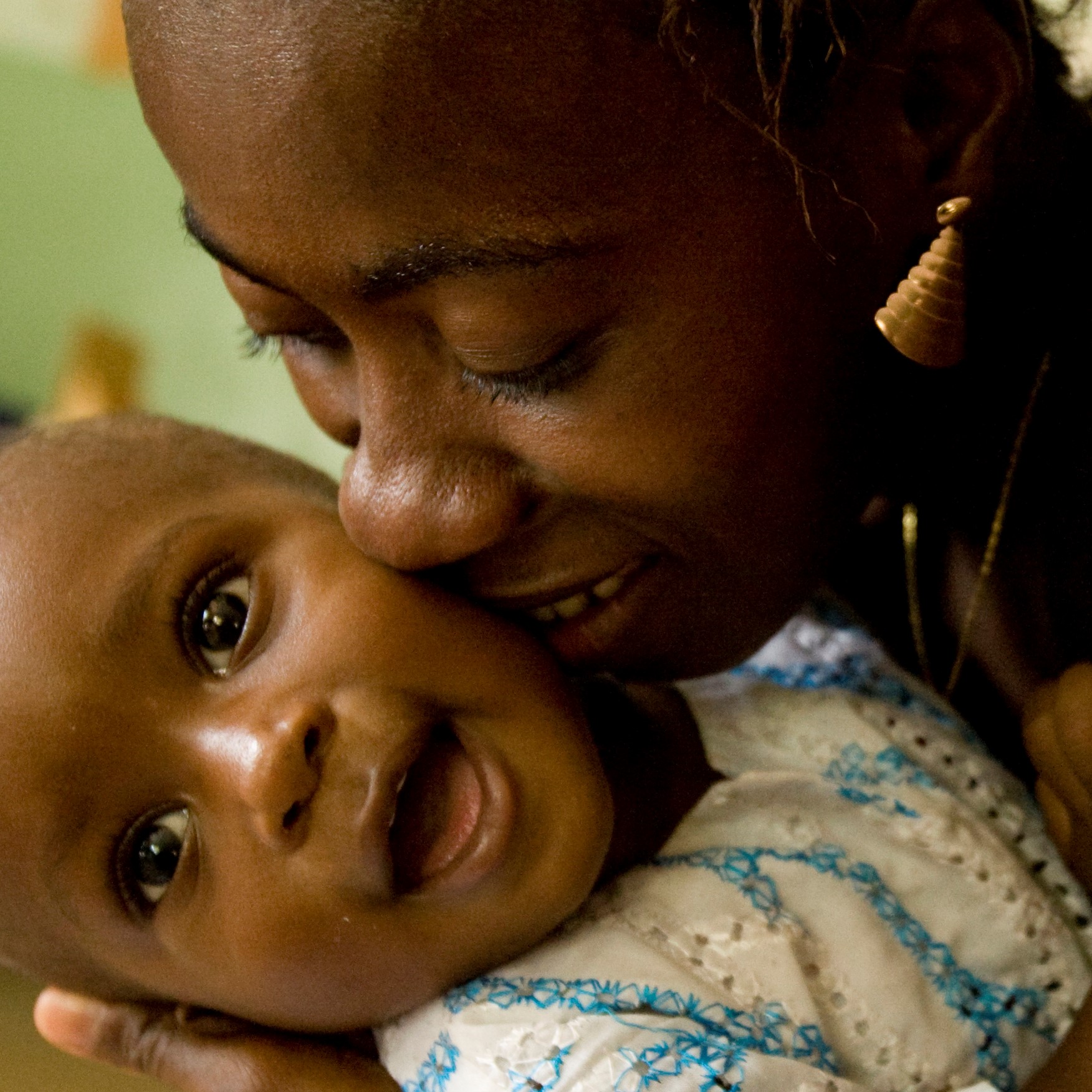
© UNICEF/UNI172704/Asselin
Too often the needs of women and girls are viewed in individual, fragmented categories.
We must remember to look at the whole story—all of the pieces that make up the life of a whole girl and a whole woman.
It’s not just about the parts of a woman or the issues that arise from separating a mother from her baby. Those kinds of specific focus areas make up the larger narrative. Yes, those details are important, but they do not tell the whole story.
If we are to effectively drive sustainable progress for maternal and newborn health (MNH), we must harness the power of partners working across sectors to best identify and address the root causes of poor health and ensure healthy pregnancies, births and childhoods.
People do not live their lives in siloes of food, nutrition, health, family planning, education, and water, sanitation and hygiene (WASH); so, it only makes sense for us to approach MNH and development from a holistic perspective too. Though we have seen major advances in reducing maternal and child deaths in recent years, we still have a long road ahead. In 2015 alone, 303,000 women died from preventable causes during pregnancy or childbirth; and 5.9 million children died, largely due to preventable causes.
One of the leading causes of death for children under five are water- and sanitation-related diseases. Earlier this year, the UN Secretary-General—and Senior Chair of the High-level Steering Group for Every Woman Every Child—António Guterres took an important step toward combatting these preventable deaths by launching a global call to action for improved WASH in health facilities with the goal of helping to strengthen health systems and delivering on our promise for provide universal health coverage (UHC) worldwide.
If we are to move beyond just survival, towards ensuring all women and girls have the opportunity to thrive and have good health through transformed health systems that provide UHC, then collective action across sectors is critical. Working in partnership across sectors provides us with the holistic picture we seek to best understand the needs of women and girls at all levels.
The development community must make a paradigm shift to collectively support countries to invest in women, children and adolescents, and fully meet their needs across the life course. As a community, we need to take a step back and analyse how we can deliver and finance health services in a less fragmented way. In doing so, we can not only improve the accessibility of those services, but also expand our potential to reach those in the most remote areas of the world. It is only then that we can hope to fully realize the ambitious agenda laid out by the Sustainable Development Goals (SDGs) by 2030 and reach everyone, everywhere.
As a multi-stakeholder platform, Every Woman Every Child (EWEC) aims to translate global commitments to targeted action for sustainable impact at country-level, with the help of our unique and robust ecosystem of core partners; including the High-Level Steering Group (HLSG), the H6 Partnership (UNAIDS, UNFPA, UNICEF, UN Women, WHO and the World Bank Group), the Partnership for Maternal, Newborn & Child Health (PMNCH), the Global Financing Facility (GFF) for EWEC, and the Innovation Marketplace.
EWEC recognizes the power of partnerships in catalysing collective advocacy and action to bring to life the EWEC Global Strategy for Women’s Children’s and Adolescents’ Health; and to deliver on an integrated agenda for the health and wellbeing of women, children and adolescents across the continuum of care—ensuring they not only survive, but also thrive and transform their communities.
If we are to be more effective on the ground, we must strengthen regional platform engagement.
This is why Michelle Bachelet, former President of Chile and Co-Chair of the HLSG for EWEC, last year launched EWEC Latin America and the Caribbean (EWEC LAC) with the goal of inspiring collective action and collaboration across sectors and borders and implementation of the EWEC Global Strategy within the context of the region. It is this sort of leadership and focus on partnership that will help take us over the finish line to achieve the SDGs.
As we move forward to advance the maternal and newborn health (MNH) agenda, we must continue to learn from each other, especially from those working at regional and local levels in countries.
We know the future we want.
We know what needs to be done.
